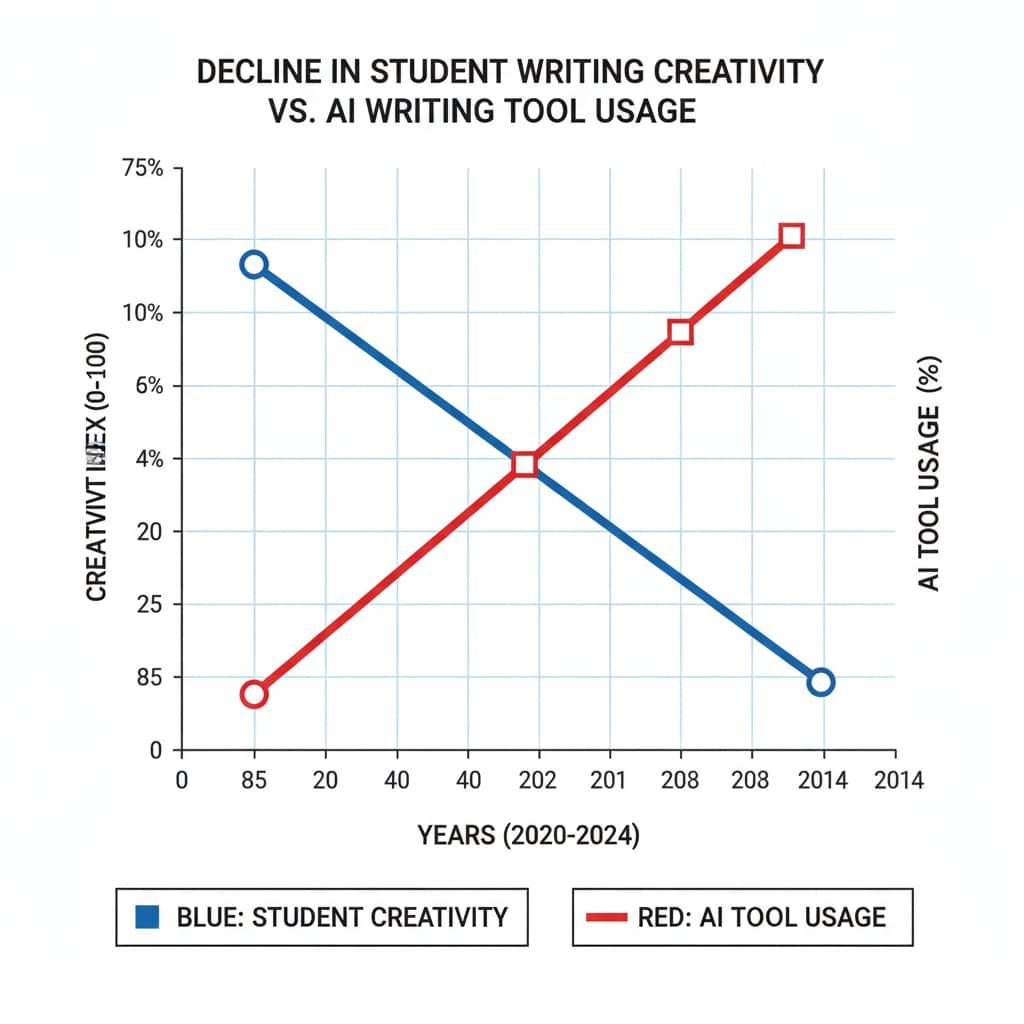In the age of rapid technological advancement, the issues of AI policies, academic integrity, and writing skills have become crucial in K12 education. As AI tools infiltrate the academic environment, schools are grappling with how to ensure fairness and uphold educational values.

The Impact of AI on Students’ Writing Skills
AI writing assistants have become increasingly popular among students. While these tools can offer suggestions for grammar, vocabulary, and structure, they also pose potential threats to the development of authentic writing skills. For example, students may rely too heavily on AI to generate content, rather than thinking critically and expressing their own ideas. This over-reliance can hinder the growth of creativity and independent thinking, which are essential components of strong writing skills. According to Educational Research on AI’s Impact on Writing, students who frequently use AI writing aids without proper guidance may show a decline in their ability to construct original arguments and develop a unique writing style.

Maintaining Academic Integrity in the AI Era
Academic integrity is the cornerstone of education. With the rise of AI, schools must establish clear policies to prevent its misuse. Plagiarism, for instance, can take on new forms when students use AI to generate work that is not their own. Teachers need to be vigilant in detecting AI-generated content. Some educational institutions are turning to specialized software that can analyze the writing patterns and language use to identify whether a piece of work has been created with the help of AI. As stated in Academic Integrity Organization’s Insights on AI Challenges, institutions should also provide education and training to students about the importance of academic honesty and the proper use of AI tools.
To ensure fairness, schools can also implement guidelines on when and how AI can be used in academic assignments. For example, in some cases, AI can be used as a research aid but not for directly generating the final written work. This way, students can still benefit from the technological assistance while being held accountable for their own learning and academic achievements.
Readability guidance: By presenting the impact of AI on writing skills and the steps to maintain academic integrity in short paragraphs, we can clearly convey the key points. Using lists or bullet points in the future could further enhance readability. For now, we have maintained a balance between sentence lengths and the use of active voice to make the content accessible. Transition words like “for example” and “while” help to connect ideas smoothly.


